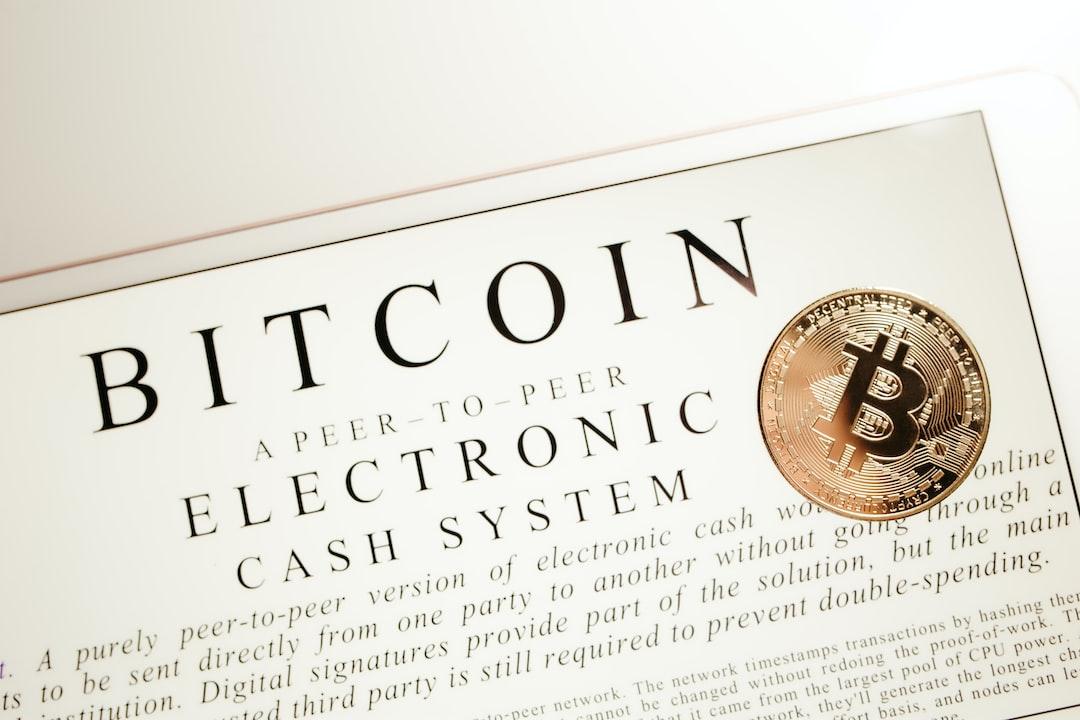In a legal confrontation, Ripple’s Chief Technology Officer (CTO) David Schwartz indirectly expressed his support for Consensys Software Inc. following the lawsuit filed by the U.S. Securities and Exchange Commission (SEC) against the company. The SEC alleges that Consensys has been operating as an unregistered broker.
The SEC’s claims accuse Consensys of engaging in unregistered offers and sales of securities through the MetaMask platform, specifically targeting swaps and staking features on the platform. In the complaint filed on Friday, June 28, it is argued that Consensys’s activities through MetaMask constitute unregistered securities transactions. The SEC asserts that MetaMask swaps and staking involve pooling assets with an expectation of profits primarily from the efforts of others, classifying these activities as securities transactions requiring registration.
In response to the lawsuit, Ripple’s CTO David Schwartz defended Consensys in a series of messages on Twitter. He opposed the arguments suggesting that MetaMask services qualify as securities due to the expectation of profits derived from Consensys’s efforts.
He further explained that a service agreement involving the management and transfer of funds, where the shared profits are entirely independent of the agreement and not due to the efforts of either party, does not constitute an investment contract. According to Schwartz, the profits generated from MetaMask services are due to external market conditions and user activities, not Consensys’s efforts.
Schwartz also commented on the ongoing debate about tokens versus securities, stating, “If every person who holds an asset is in a common enterprise, then everything is a security. Tokens managed by smart contracts cannot make all holders a common enterprise.”
The broader regulatory landscape has also seen developments, as district judge Amy Berman Jackson agreed with judge Torres’s position regarding programmatic and secondary sales of XRP. In the case of Binance v. SEC, judge Jackson rejected the SEC’s claims regarding secondary sales of BNB by entities that are not Binance. This decision sets an important precedent for current cryptocurrency-related litigation in the U.S.
Companies like Coinbase, Consensys, and Kraken are expected to leverage this decision to strengthen their positions in relevant legal cases. With this decision, the SEC’s attorneys can no longer argue that judge Torres’s view on secondary sales lacks judicial support or acceptance, potentially shaping the future regulatory environment for cryptocurrencies in the U.S.

